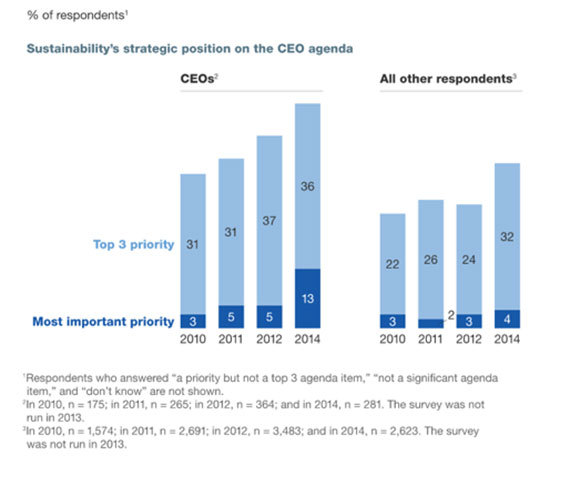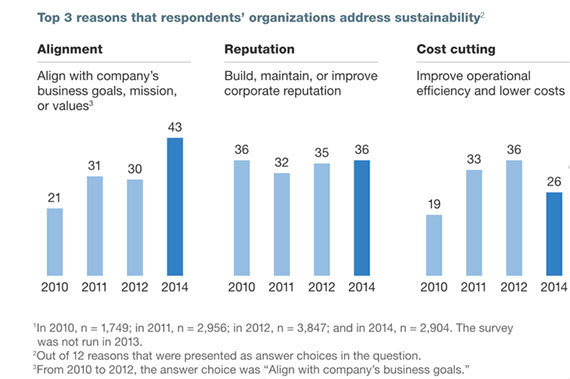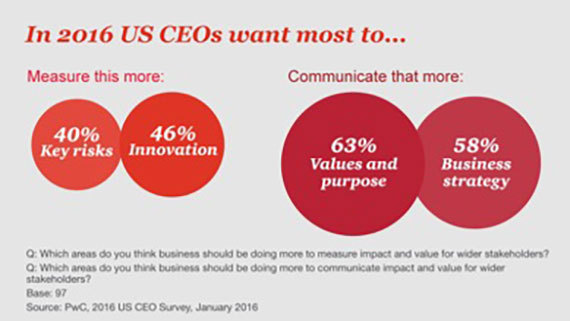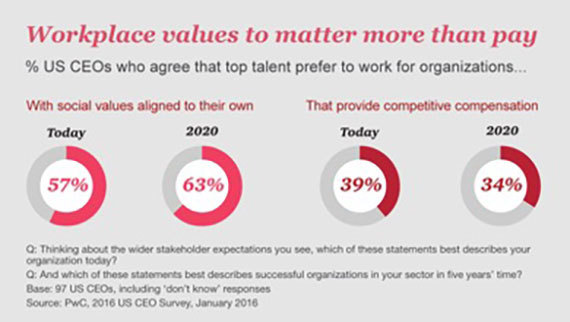By Michael Quirke, Senior Strategist, Brand Union
With last week’s news that Amazon is opening a new fulfilment centre in Manchester, creating around 1000 jobs, thoughts have been whirring about how logistics brands can create communities and promote good behaviours around them.
Amazon's warehouses are renowned for bringing new jobs to areas and communities that are often underfunded and under-employed, thereby raising their quality of life (in this instance, the Manchester district of Wythenshawe is said community). The often heard stories of these centres giving new life to a once struggling area and sustaining the communities they enter tend to bring Amazon good press for a while, and keep a buzz of positivity around them.
But beyond the PR, therein lies the real opportunity. From Amazon to Maersk to DHL or FedEx, the choice of a logistics company as a partner or service—to command a substantial link of the supply chain—can speak volumes about the priorities of the business itself. And in 2016, the pressure is on for CEOs—particularly in the US—to more visibly demonstrate their values on sustainability and fairness. Think of the attacks on Apple for its sustainability practices in 2014, or on Facebook and Google for their tax policies in the UK; the world is watching, and executives don’t want to be caught out.
The strategic opportunity
In its last sustainability survey in 2014, McKinsey flagged that internal concern over sustainability is on the rise, And as such, CEOs are now more concerned with aligning sustainable practices with their corporate goals and values than they are with improving their reputation.
Sustainability is a growing top 3 priority for CEOs
Source: “Sustainability’s strategic worth: Mckinsey Global Survey results”, July 2014
CEOs are increasingly choosing to address sustainability to show their corporate values and improve their company’s reputation - Source: Sustainability’s strategic worth: Mckinsey Global Survey results, July 2014
Fast-forward to today, and the desire to demonstrate their corporate values through decisions is even more pronounced.
According to PWC’s 2016 US CEO survey, 63% of CEOs see communicating their Values and Purpose as one of their top priorities this year.
Source: PwC, 2016 US CEO Survey, January 2016
It’s seen not only as a way to build closer relationships with their customers, but also their employees, with “workplace values” counting as one of the biggest drivers for attracting the best talent.
Source: PwC, 2016 US CEO Survey, January 2016
The opportunity is there for all services—and particularly high-impact partners like logistics—to make their clients feel good by doing good. Not just because it feels worthy, but because, by calming your client’s fears and giving them one less thing to worry about, it can only mean good things creating in a stronger relationship and better business for you.
The path forward
To their strategic advantage, some logistics firms have already started tackling this challenge head-on. For example, Ekol, a green logistics company in Turkey, has found success and a unique niche by focusing their efforts around offsetting the carbon impact of their network. Their sustainability practices, including donating a proportion of their profits to replanting forests around the country, have earned them a Gold level sustainable logistics certificate, in addition to a growing business.
New innovations are making it more possible to limit the carbon impact of the carrier route itself. For instance, with the advent of Amazon's Prime Air offer, drones could provide an energy-efficient alternative in future for those nooks and crannies that electric vehicles can't reach.
And individual companies like outerwear brand Patagonia have provided benchmarks for how global supply chains can be reinvented to be more sustainable, bringing themselves a unique positioning and consistent goodwill in the process. They have even published their efforts online in Footprint Chronicles to transparently track the progress of their supply chain and how they’re constantly trying to reduce its carbon footprint at every touchpoint.
With the possibility of a Brexit round the corner, which could increase the UK’s dependence on long-haul trade with US, China and South America if it were to happen, the carbon footprint of our global trade is only set to grow. If the leading global logistics companies were to sit up and take notice of these pressing concerns, not only looking into ways of making their network more sustainable but also carrying it through to their brand in a future-proof way, we’re sure they’d find more success with an increasingly conscientious market—and build strategic advantage at the same time.




